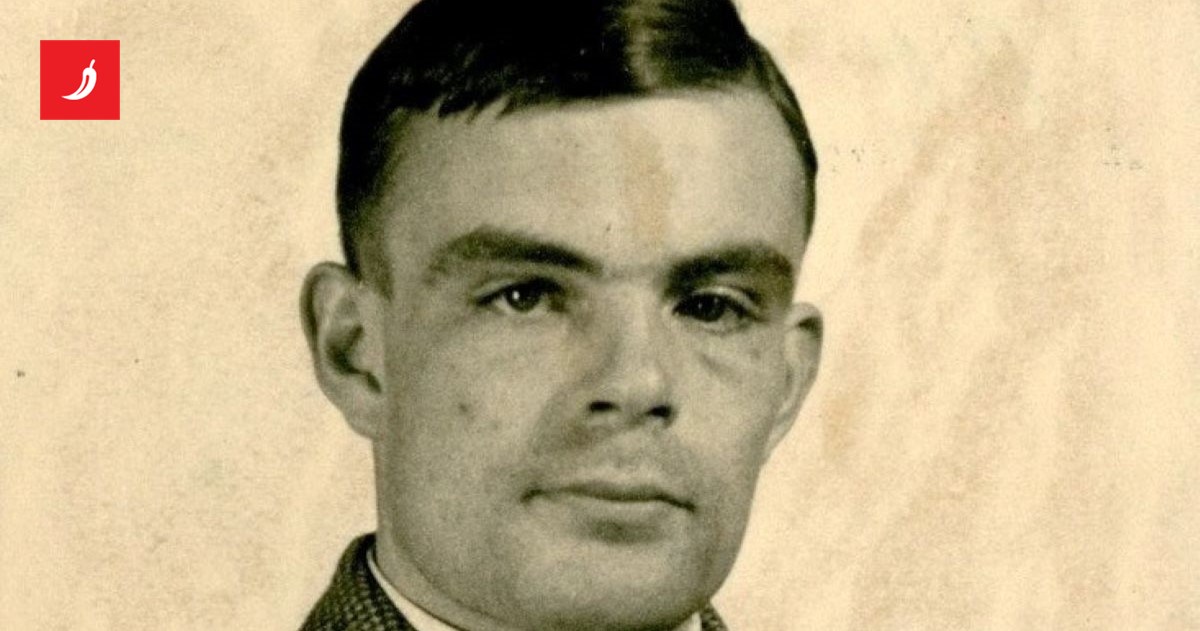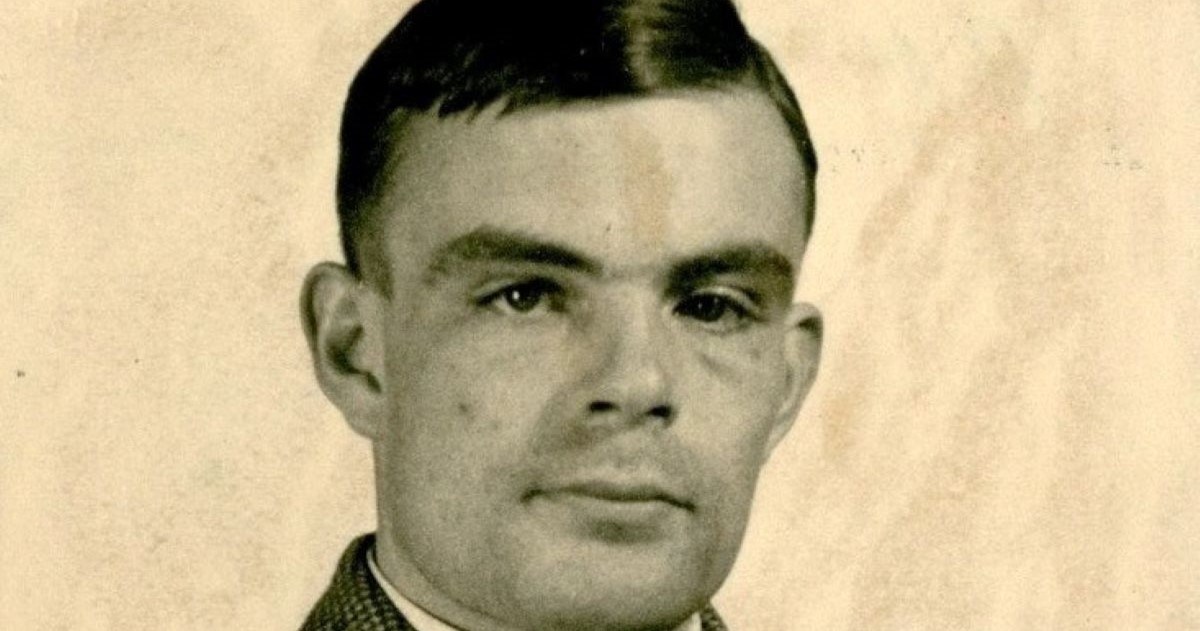Alan Turing is known as one of the greatest heroes of World War II, whose work in breaking the German code saved millions of lives and contributed significantly to the development of computer science. However, despite his achievements, Turing was tragically convicted and subjected to chemical castration due to his homosexuality, which led to his suicide. Decades later, the British government posthumously pardoned him and reformed laws regarding sexuality. Turing’s story is often used as a symbol of the fight for LGBTQ+ rights and a reminder of the injustice of discrimination.
Political Perspectives:
Left: Left-leaning outlets emphasize the injustice and discrimination Alan Turing faced due to his sexual orientation despite his monumental contributions to science and the war effort. They highlight the tragic consequences of homophobia and advocate for LGBTQ+ rights, using Turing’s story as a symbol of systemic oppression and the need for social justice reforms.
Center: Centrist sources focus on Turing’s scientific achievements and his critical role in World War II, acknowledging the historical context of his conviction. They present a balanced view that recognizes both his contributions and the societal norms of the time, noting the posthumous pardon as a corrective measure and a sign of progress in human rights.
Right: Right-leaning articles may acknowledge Turing’s contributions but often frame his conviction within the legal and moral standards of the era. They might emphasize the importance of law and order, sometimes downplaying the role of discrimination or focusing on the historical context rather than advocating for contemporary social change.


























